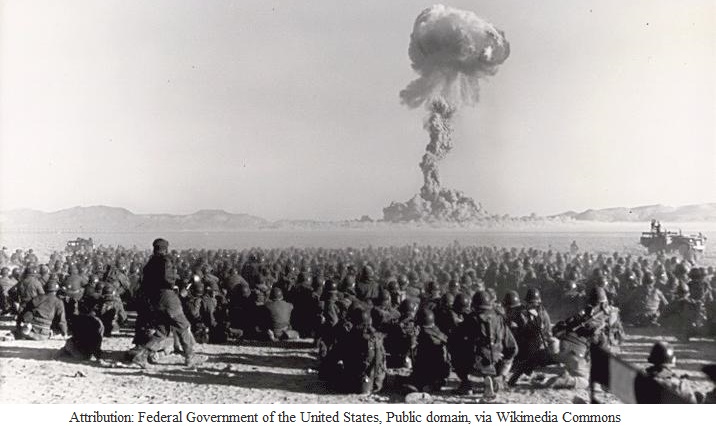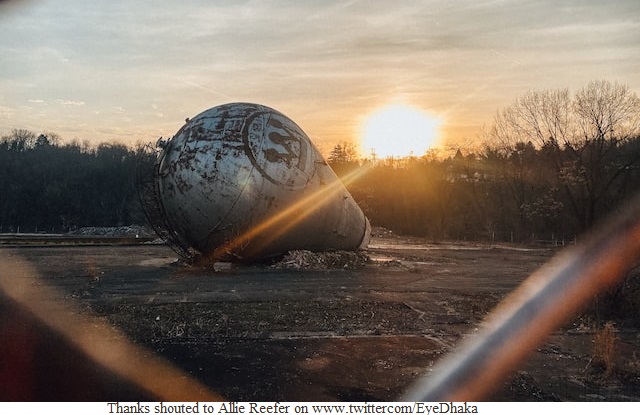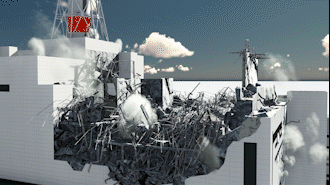We all know that a nuclear weapon state has devastating lethal power. But, there is a question of whether can a nuclear state be victorious over another atomic power country by a first nuclear attack. In order to acquire a nuclear bomb, a nuclear ambitious state imposes dedication of significant coordinated efforts of its engineers, physicists, and chemists at its nuclear plants in order to design a weapon to release immense energy from nuclear fusion or nuclear fission, or a combination of fusion and fission reactions of plutonium, uranium, or atoms. And, all the efforts and processes go secretly by the state in its mission to be a nuclear power. NTP the Non-Proliferation Treaty of Nuclear Weapons allows countries to sign the treaty to control developing nuclear-related activities. The old atomic powers Russia, the People’s Republic of China (PRC), the United Kingdom, the United States, and France have signed the NTP. However, the new powers the Democratic People’s Republic of Korea (DPRK), Israel, India, and Pakistan have never signed the NTP.

North Korea, Pakistan, India, and Israel have avoided signing NTP because otherwise if they would sign, they would be needed to abide by the regulations of NTP which would prevent them to be the new nuclear states. Currently, Iran has tried significantly to develop nuclear fissile materials in order to reach atomic capability though recently, he has come to agree with a peaceful settlement of the nuclear program after stepping up into remaking diplomatic relations with the Kingdom of Saudi Arabia. As such, Iran would need to dismantle his atomic stockpiles in great numbers. And, he has agreed to open its nuclear facilities for the inspection of the international atomic inspection team employed by the UNSCOM.

What did the newly acquired nuclear weapon powers do? Did they each build a single nuclear weapon? The answer to the above subject matter puzzle lies here.
India went for her first nuclear test in May 1974. Pakistan made its first atomic test in 1998. It is known that Israel never denied or claimed to have a nuclear test or owning nuclear weapons, however, after the surprise attack in 1973 by three countries Egypt, Syria, and Jordan from three sides, causing the Yom Kippur War, and when the Syrian army was miles away from Tel Aviv by beating the Israeli forces, Golda Meir, then Israeli Prime Minister made an order for nuclear readiness of at least 13 nuclear warheads to be launched by the Israeli ground forces and IAF.
By now, Pakistan has stocked piles of more than 50 nuclear warheads, and India even more. It means, they continued the development of nuclear fissile and strengthened nuclear facilities. And, they stockpiled nukes one after another. After owning one single bomb, they did not stop. Why?
A state, after acquiring nuclear capability, goes for several or many nuclear warheads; it is thereby the further bombs it achieves the “survival capability for the counter strike”. Suppose, France launched a nuclear attack on the DPRK’s one single nuclear site where he has hidden the warhead/s. And, the site has been erased by the French bombing would supposedly mean that the DPRK has lost his nuclear capability. Fearing such phenomena, a new nuke state went for further nuclear warheads. Therefore, once an atomic weapon state is attacked with an atomic explosion at its territory, it can survive after the attack. It would survive by making a counter-attack to thwart the total destruction of her nuclear capability, along with the annihilation of its bigger territories’ people, land, grid, communication infrastructure, society, commerce, livelihood, and all other living beings. Once she replies with a nuke explosion in the targetted area of the attacker, she saves her from being doomed. Due to this riddle of survival capability, an atomic weapon power should never attack another nuclear state.



Useful information